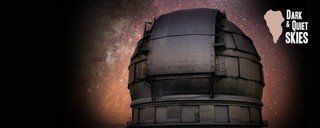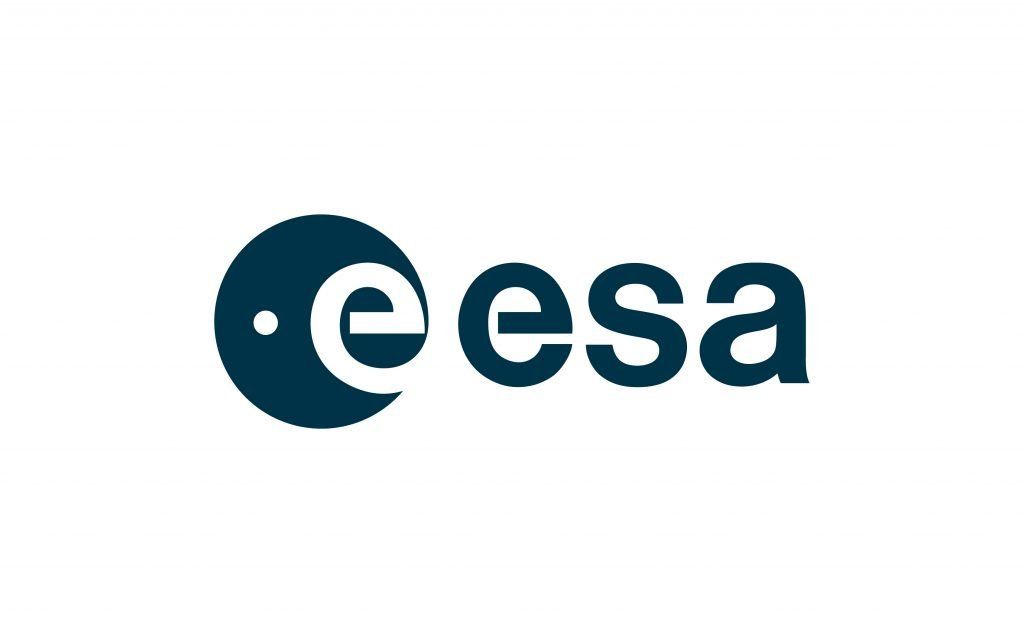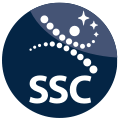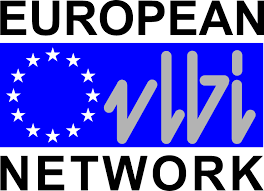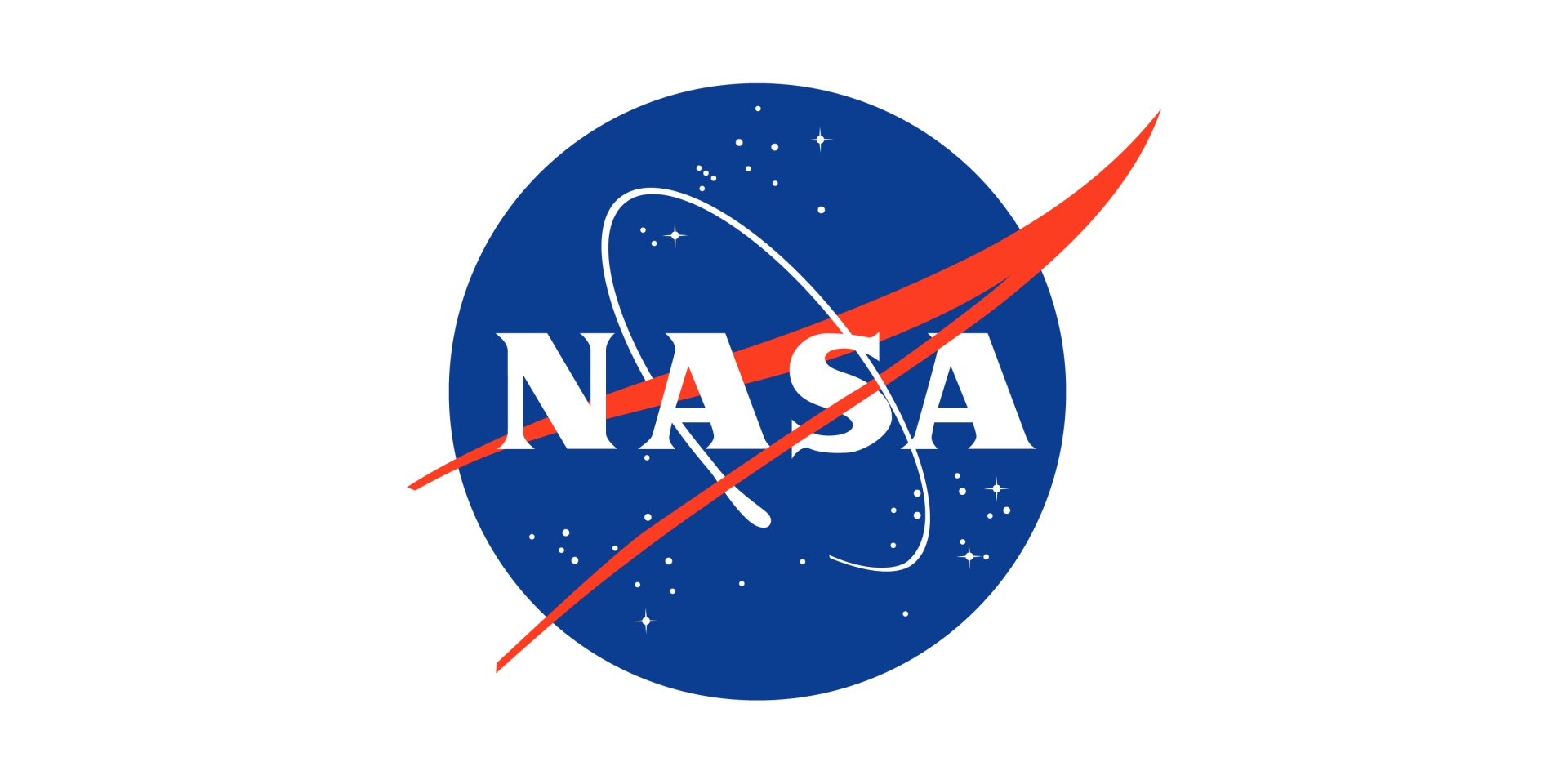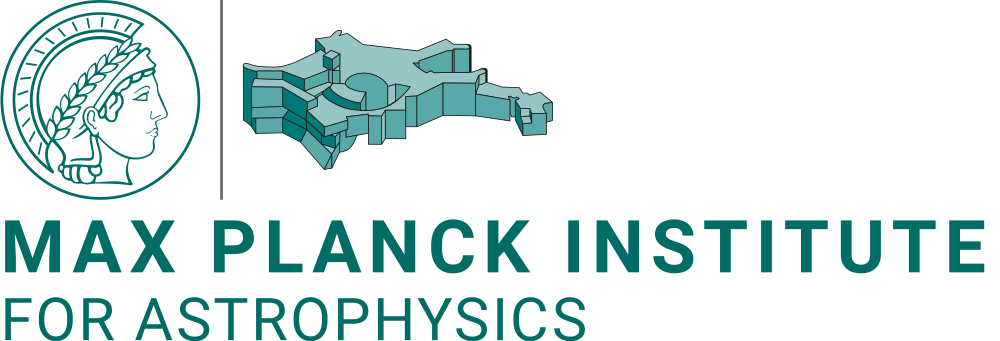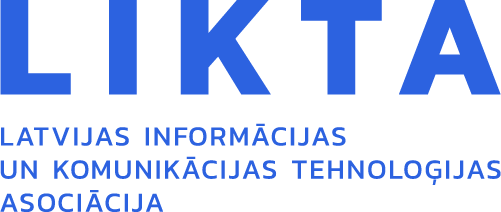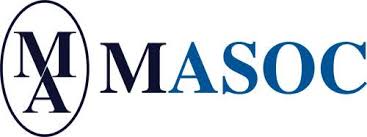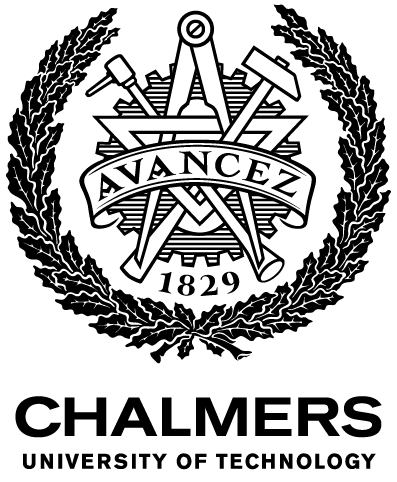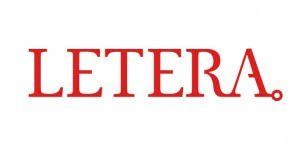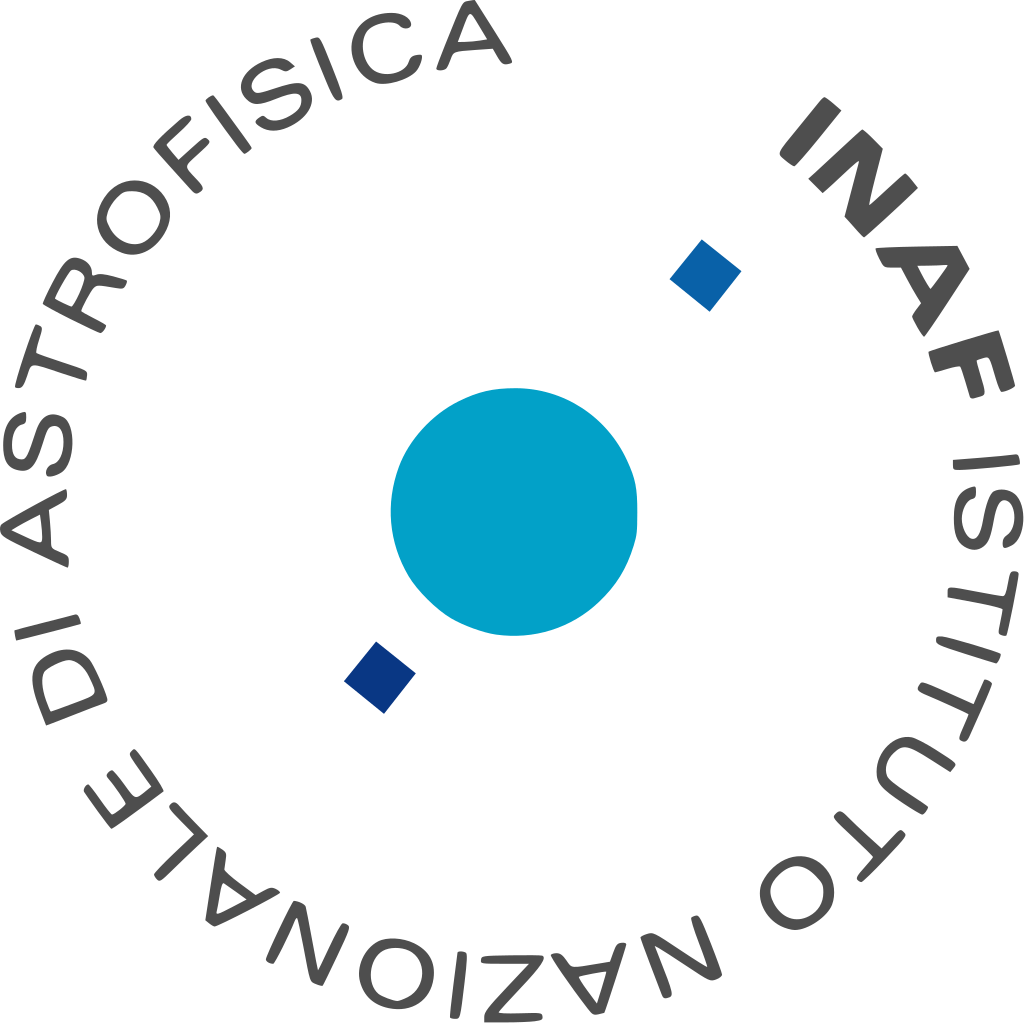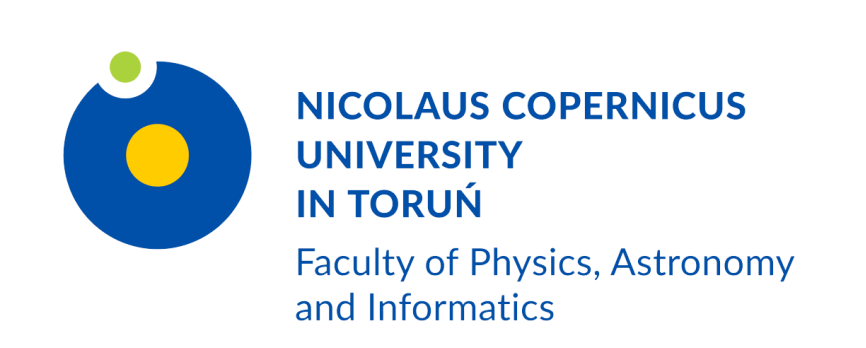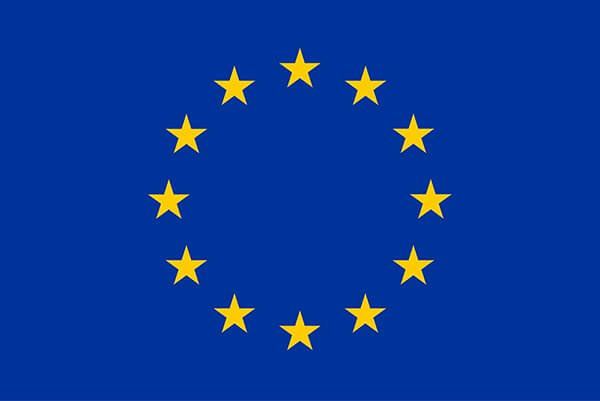This web page is created within BALTICS project funded from the European Union’s Horizon2020 Research and Innovation Programme under grant agreement No.692257.
VIRAC Astronomy and Astrophysics Department head-lead researcher will participate in a remote conference.
2020. gada 28. septembris
VIRAC Astronomy and Astrophysics Department head and leading research Juris Freimanis from 5-9 October will participate in a remote conference "Dark and Quiet Skies for Science and Society".
Astronomical observations capture very weak signals from natural sources of radiation - stars, planets, galaxies and others. The radiation of man-made technical devices is often much stronger - for example, in the large majority of cities the night sky is never really dark and the stars are not visible because all is overcome by urban lighting and vehicle headlights, which disperse to atmospheric sprays (dust, mist, clouds) and create a strong background. Moreover, various radio transmiters and radio systems can cause very serious interference with radio astronomical observations.
All this is particularly topical right now when several firms are preparing to launch tens of thousands of satellites to make the internet available anywhere on Earth, regardless of the presence of cellphone towers, as in deserts, oceans and uninhabited areas. These satellites reflect sunlight and interfere with optical astronomical observations and can completely alter the appearance of the starry sky, preventing anyone from seeing the constellations. In addition, the satellite radio interface for communication (which is the purpose for launching them) can make radio astronomy from the surface of the Earth within certain frequency ranges impossible.
The United Nations Office for Outer Space Affairs (UNOOSA), the International Astronomical Union (IAU) and the Instituto de Astrofísica de Canarias (IAC) are organising an online international conference from 5-9 October, 2020. Meetings of the conference will take place every 2 hours each day from 6 PM to 8 PM with the expection of 8 October when the sessions will end at 9 PM.
Apart from the satellites mentioned above which is a global problem, Latvia's specific issue is that the Baldone Schmidt Telescope cannot fully operate in the winter because for many years in the south of the telescope the skiing route of Riekstukalns has been located, the lights of which do not allow the visible lights in the blue part of the spectrum to be observed. Whereas, Irbene radio telescopes first must ensure an exact balance between radio astronomical observations and the planned cosmic communications station, the planned building of giant wind power plants can also cause disruption. For the same reasons mobile towers have not been constructed and will not be constructed near Irbene.
